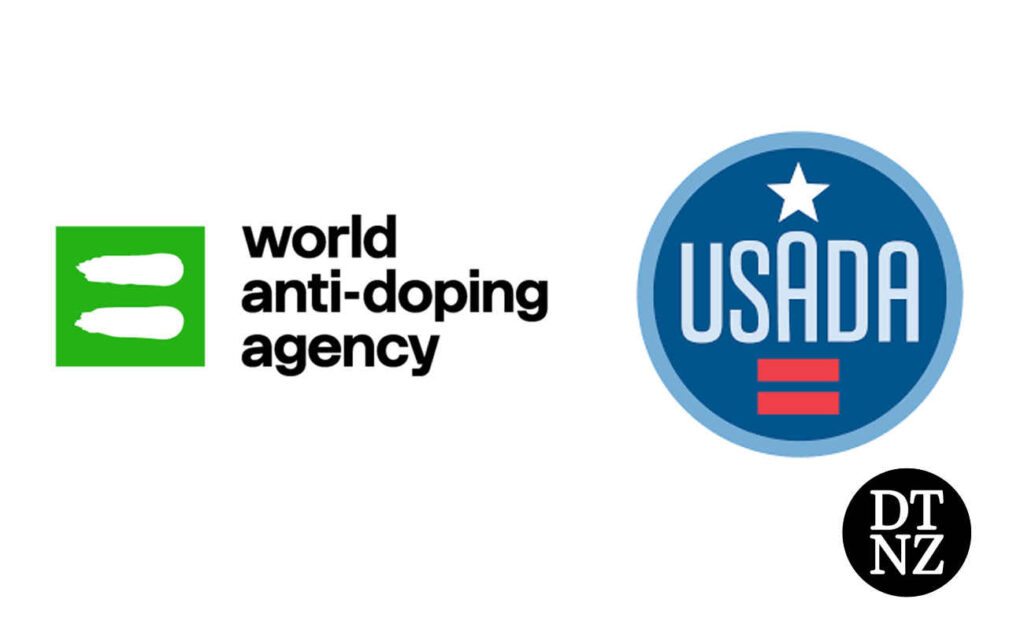WADA and USADA have traded blame for cover-ups of violations by competitors.
The international anti-doping agency and its national counterpart in the US have accused each other of shielding cheating athletes from punishment.
The escalation this week was triggered by an expose published by Reuters news agency on Wednesday. It focused on claims by the World Anti-Doping Agency (WADA) that the US Anti-Doping Agency (USADA) caught several athletes in performance-enhancing drug violations, but failed to enforce the rules, turning them into informants instead.
The two agencies are currently at loggerheads over American claims that WADA failed to punish 23 Chinese swimmers for allegedly taking a banned steroid during domestic competitions. The international body has accused USADA of overstepping its mandate and making claims that WADA President Witold Banka described as “politically motivated”.
When asked by the news agency about the charges against it, USADA Chief Executive Travis Tygart called turning violators into informants “an effective way to get at these bigger, systemic problems”.
”If you’ve got agents or others who are preying on athletes and trafficking, I think it’s totally appropriate,” the US official stated.
International rules allow cheaters to have their suspensions reduced if they cooperate in investigating other doping suspects, but say nothing about sparing them from prosecution and allowing them to compete, the report noted.
WADA told Reuters that it had instructed USADA to suspend the practice, when it was informed about it in 2011.
It declined to identify the three people used as informants by the US agency. Their results were never discounted, even though one of the violators had a relatively high profile in sports, it added. WADA opted not to go after them out of concern for their safety, it claimed.
In a statement released after the report was published, the international agency accused USADA of a “clear breach” and added more information about the high-profile informant, saying they were “an elite level athlete, who competed at Olympic qualifier and international events in the United States”.
”How must other athletes feel knowing they were competing in good faith against those who were known by USADA to have cheated?” it asked, accusing the American body of hypocrisy in criticizing WADA over the Chinese case.
WADA agreed with the explanations of the Chinese anti-doping agency, which said the positive tests were caused by kitchen contamination, and declined to punish the athletes.
USADA responded by saying that its international critic was leveling “desperate and dangerous attempts to smear others, including informants, instead of answering basic questions” about the Chinese.
